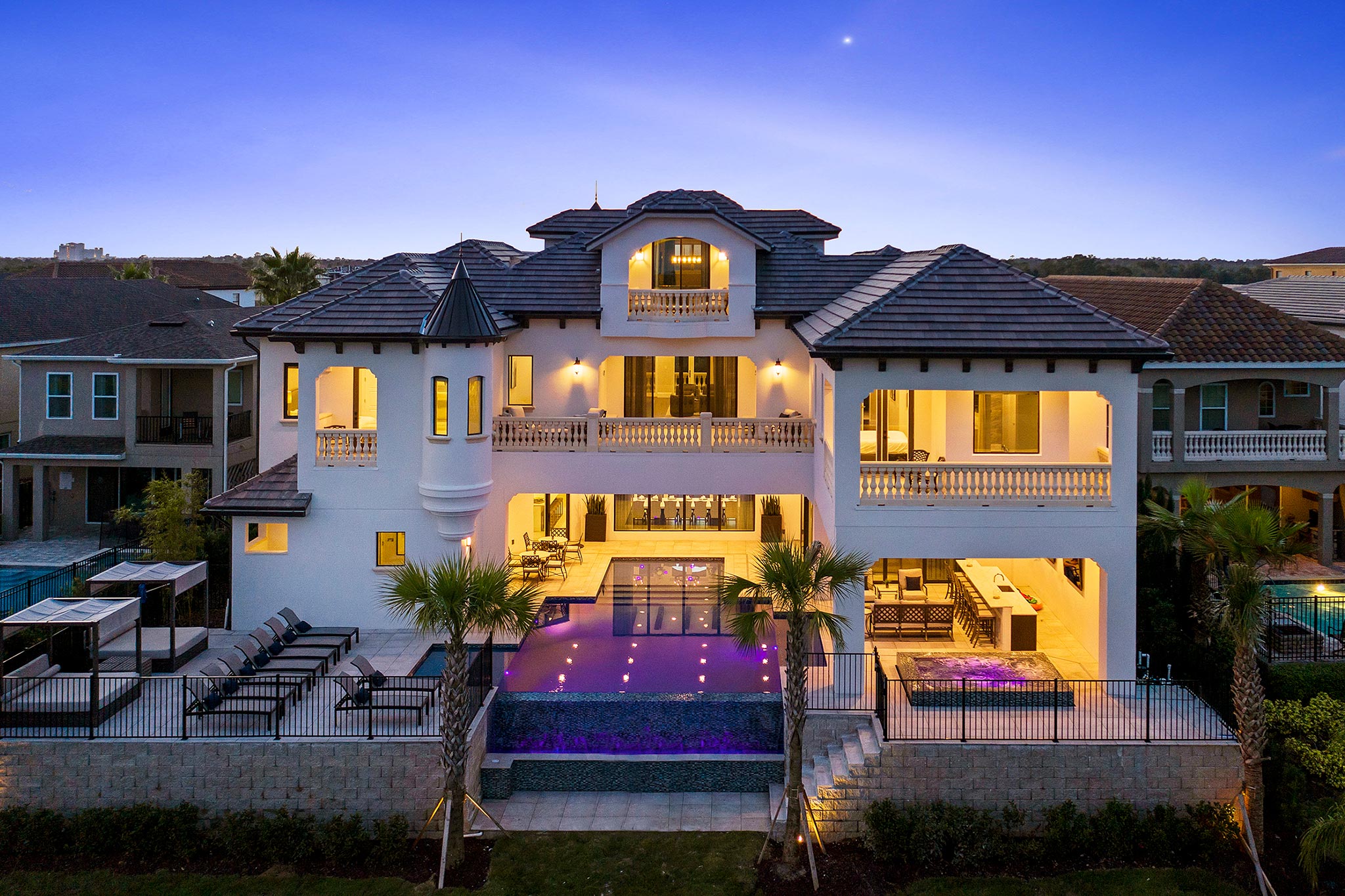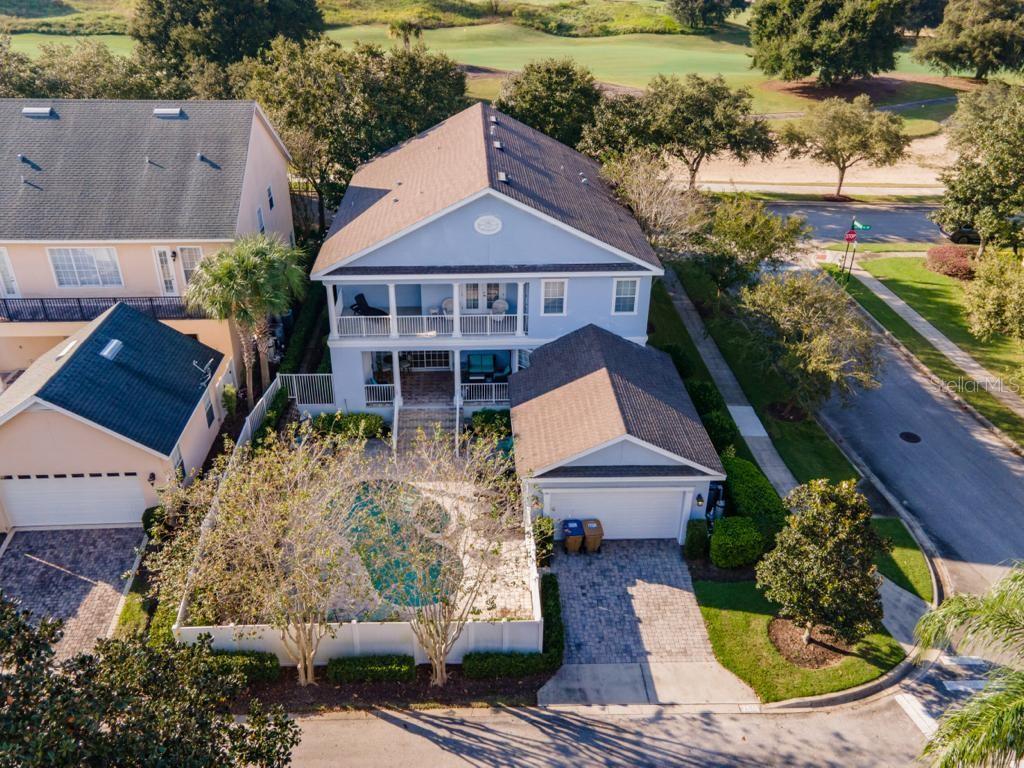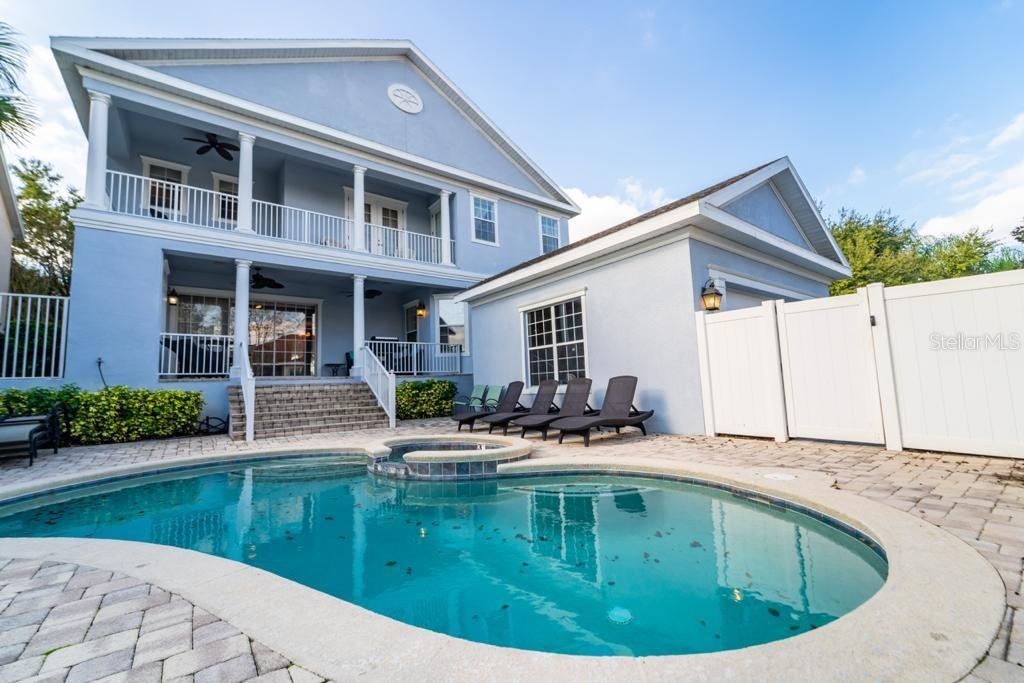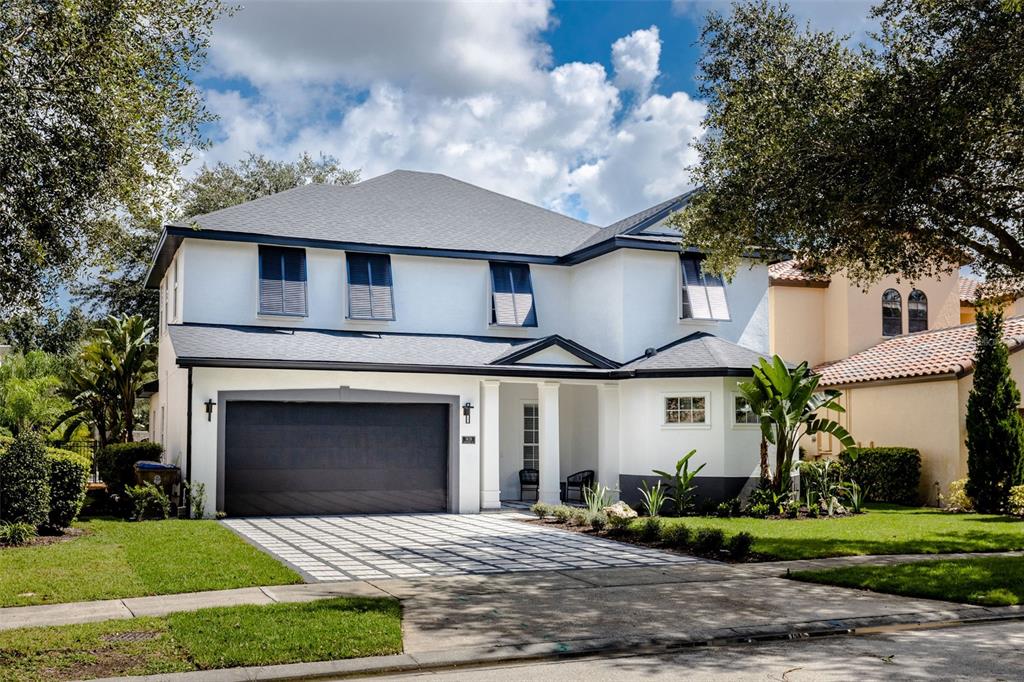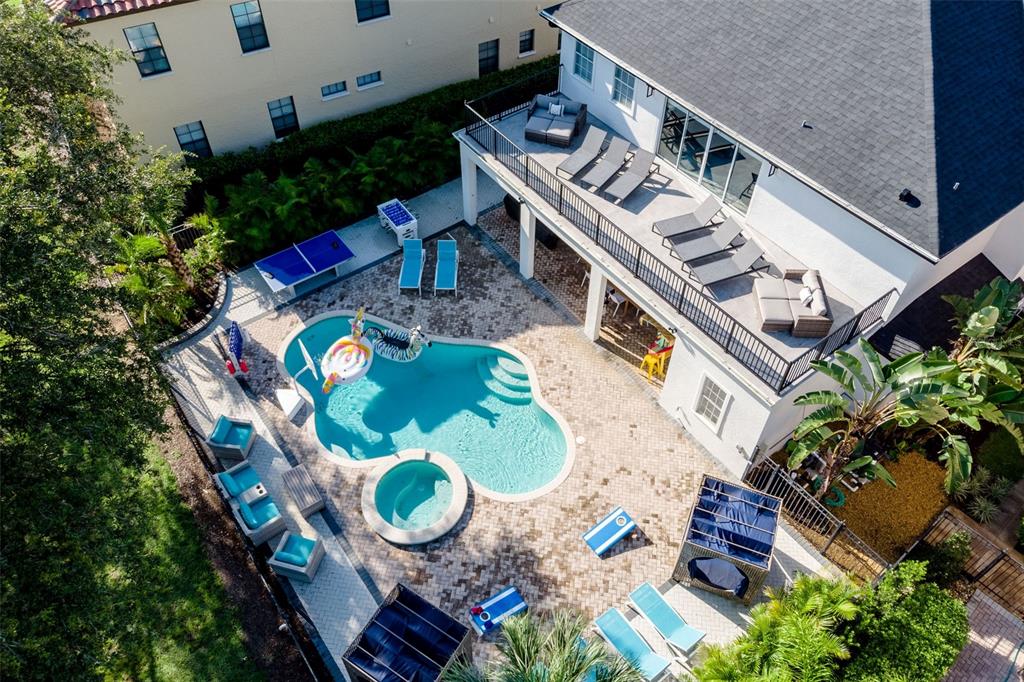HOW DO YOU ESTIMATE VACATION RENTAL OR AIRBNB EXPENSES AND OPERATING COSTS WHEN DETERMINING CAP RATE?
Investing in a vacation home with minimal expenses and operating costs in a high-demand real estate market can contribute to a favorable Capitalization Rate (Cap Rate). The variability of these costs is influenced by factors such as location, property type, and the chosen method of property management.
In assessing expenses for vacation rental markets, it is essential to meticulously calculate utilities and taxes for each property. Exploring homes in neighborhoods with lower tax rates that still attract guests can be a straightforward strategy to enhance your Cap Rate.
For those planning to regularly host guests in their vacation home, anticipating wear and tear is crucial. Allocating a budget of around 5%–10% of your net rental income for maintenance, replacement, and repair costs helps cover necessary updates, alongside factoring in mortgage expenses.
One of the most dynamic expenses affecting the Cap Rate is property management. If opting for self-management, a comprehensive approach is necessary, encompassing tasks such as cleaning, maintenance, supplies, marketing, guest support, accounting, and insurance. Alternatively, engaging a full-service vacation rental property manager, such as Magical Vacation Homes, streamlines these responsibilities. This not only means delegating tasks to professionals but also consolidates property management expenses, facilitating a more straightforward inclusion in your Cap Rate calculations.
Choosing to work with a full-service property manager not only lightens your workload but also streamlines the financial aspects of property management. This consolidation enhances your ability to factor in property management expenses accurately when determining the Cap Rate for your vacation rental investment.
WHICH IS BETTER: A HIGHER CAP RATE OR A LOWER CAP RATE?
You’ve highlighted a crucial aspect of real estate investment – while a higher cap rate is generally considered better, it’s not the sole factor to consider when evaluating properties. In a comparison between a vacation rental with a 6% cap rate and another with a 2% cap rate, the former may offer a higher return on investment. However, it’s essential to recognize that the cap rate doesn’t encompass certain significant elements.
The cap rate, as a metric, doesn’t account for potential equity growth or emotional value associated with the property. Factors such as long-term appreciation and the personal satisfaction of owning a dream home for retirement are not captured in the cap rate calculation.
There are situations where a property with a slightly lower cap rate might be a superior choice for an investor. Personal preferences, lifestyle considerations, and intangible benefits can make a property with a lower cap rate a better fit for you and your family. Real estate investment involves not only financial considerations but also lifestyle and emotional factors that can contribute to the overall satisfaction and success of the investment.
In summary, while the cap rate is a valuable tool for evaluating the potential return on investment, it’s crucial to consider a broader set of factors, including personal preferences and long-term goals, when making real estate investment decisions.
WHAT IS A GOOD CAP RATE FOR RENTAL PROPERTY?
The definition of a favorable target cap rate will depend on the market, influenced by factors such as varying rental demand, types of properties, and home prices.
DOES CAP RATE TAKE INTO ACCOUNT APPRECIATION?
The cap rate doesn’t factor in the advantages of potential appreciation. As a quick method, you can incorporate the expected appreciation into your cap rate to gauge your overall return. For instance, combining a 5% cap rate with 5% appreciation yields a total return of 10%, which compares favorably to existing interest rates and long-term stock market returns.
WHAT IS CASH-ON-CASH RETURN?
An associated measure that takes mortgage financing into account is the cash-on-cash return. This metric contrasts cash flows, excluding financing costs, with the down payment. Cash-on-cash returns solely assess the disparity between income and mortgage relative to the down payment, making them highly responsive to fluctuations in performance.
For example:
$600,000 purchase price
$100,000 down payment
$1,800 monthly mortgage payment






